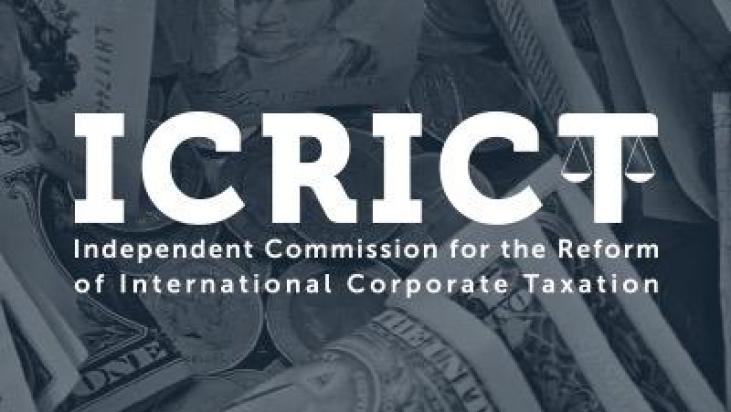*Opinion editorial written by ICRICT Chair José Antonio Ocampo and Commission member Magdalena Sepúlveda. Published in The Guardian (September 30, 2015)
The rules that govern cross border profits enable systemic tax avoidance, because they allow profits to be shifted away from where they are generated to another country with a lower (or zero) tax rate – all as a matter of accounting rather than real economic activities. These rules frequently serve the economic interests of the largest multinational corporations.
Although this all seems technical and esoteric, the human impact is devastatingly real. When profits are shifted out, the tax revenues from those profits that could be available to fund healthcare, schools, water sanitation and other public goods vanish from the ledger, leaving women and men, boys and girls without pathways to a better future.
We cannot, therefore, close our eyes to the fact that the current global tax system is having a disproportionate impact on those living in poverty. In this sense, a dysfunctional global tax system is also one of the biggest obstacles to the fulfilment of human rights – which includes economic, social and cultural rights as well as civil and political rights.
Even as world leaders met earlier this week in New York to set the trajectory for the next fifteen years of development, we cannot continue to gloss over the need for global tax reform.
Fair taxation is critical to realizing the 2030 development agenda. The rules that allow companies’ to shift profits out of a country should, therefore, change. Multinational corporations should be taxed as single firms and countries should only be able to tax profits generated from business operations that take place in the country—no more and no less.
Furthermore, since multinational corporations operate globally, all countries have a stake in the system that taxes them, so naturally they should have a voice in making the rules. But that is not currently the case.
When the developing countries proposed, at the last major financing for development conference earlier this year, to strengthen the tax cooperation work at the United Nations by transforming its technical committee on this issue into an intergovernmental organ, the developed nations raged in opposition, leaving the Organisation for Economic Co-operation and Development, an organization made up essentially of developed countries, as the dominant agent of international tax cooperation.
Global representation on tax matters implicates fundamental issues of fairness and integrity of the global social contract. The 2030 Agenda for Sustainable Development recognizes that, in order to reduce inequality within and among countries, all countries must have a seat at the table in setting international standards. As aptly stated by the 2030 Agenda, globally representative institutions are “more effective, credible, accountable and legitimate”. If tax revenues are a key component of what the Agenda calls the “means of implementation” why has the reform conversation stalled? Without addressing these tough questions of power relations, the development engine will run on fumes.
All countries should have a voice in the reform conversation and that this should take place within the United Nations. We need to put a human face to the debates about taxation. The public interest, and not vested economic interests, should be at the center of discussions and decisions regarding how public revenues are generated and spent. The current system is feeding the historical levels of inequality, impeding the fulfillment of human rights, tearing away at the global social fabric and endangering future economic growth. Without real global tax reform, the promises made in the 2030 Agenda will be blowing smoke. Let’s not allow this critical time for reform pass us by.
*Photograph: The Busker, Mexico City, 2013 by Geraint Rowland (Creative Commons)
The Global Alliance for Tax Justice is a co-founder of the Independent Commission for the Reform of International Corporate Taxation (ICRICT).
